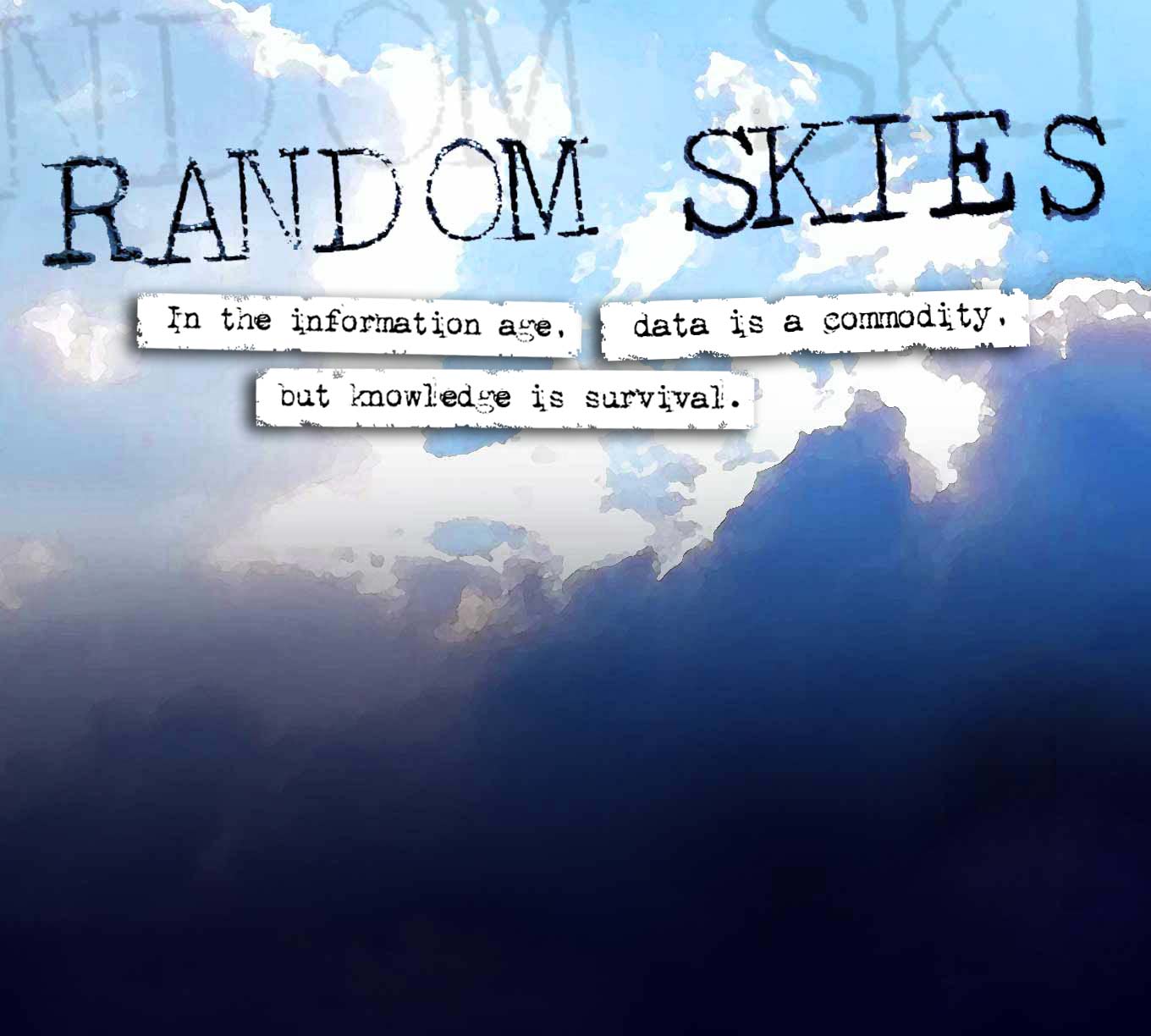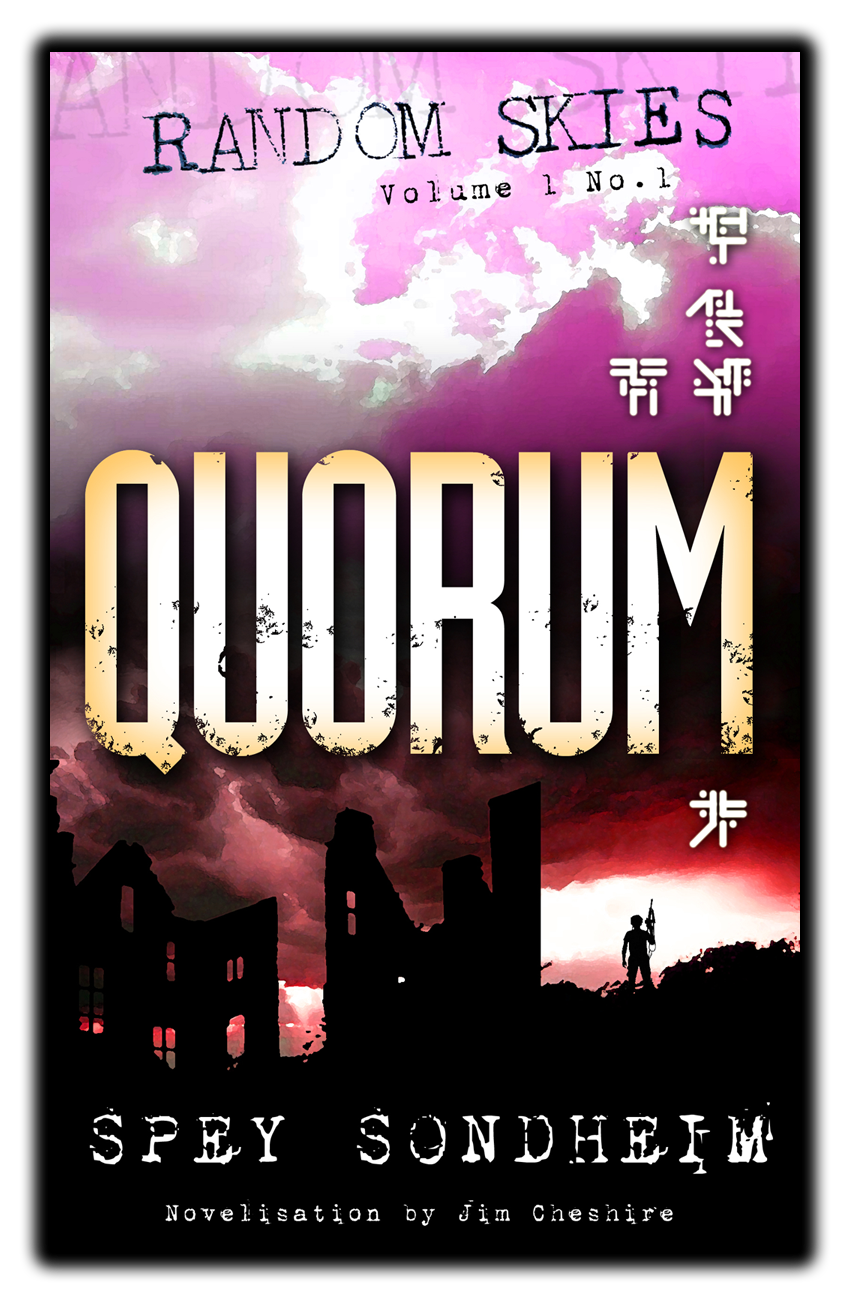The epidemic of 2024.
In the years immediately prior to the epidemic, western civilisation had been coping with divided societies, sporadic domestic terrorism and uncontrolled migrations of displaced populations. A collapsing financial system was bankrupting countries and destroying national economies. The fear of sliding into post-apocalyptic chaos was the trigger for politically unthinkable measures, as social unrest was met with demands for increased stability and security.
Centralised government institutions and big business took the joint decision to introduce Global Identification. It was a new national register to protect and identify citizens on their streets and professionals within their organisations. It became mandatory for civil servants and the executive class to accept a subdermal implant to access places of work. Further terrorist atrocities, bombings, kidnapping and execution saw colleges, schools, hospitals and public bodies adopting the new standard. A natural adaptation of mobile phone technology, called a GLiD - the Global Identification account - linked the user and their implants to a permanent and watchful internet. Those who did not volunteer for the procedure were gradually seen to be an underclass, increasingly excluded from many of the benefits of the new society.
The epidemic, when it came in the turbulent global atmosphere of 2024, was a flu-like fever that spread through the world's most crowded urban areas. Millions died as the demand for scarce resources overwhelmed the supply. City services failed to provide food, power and transport, and so an exodus began. The virus had already spread around the world through international air travel before the full impact of destabilised régimes led to an opportunity for military occupation.
The limited nuclear war of 2025.
Some twelve months into the disastrous epidemic and the population of the world had begun to shrink dramatically. As though there had been some design, through which no crisis might go to waste, unseen cabals within the deep state structures of the superpowers launched pre-emptive strikes across sovereign boundaries. Was it in fear for their own security, or cynical opportunism? History cannot accurately report and surviving state media could not know.
In the wake of mass depopulation, countries became parts of regions, while democracies were suspended to create unity governments. Survivors were contained within emergency camps. As the fog of war dispersed, a new day on earth revealed an endless landscape of unburied dead.
Eight years later.
The western media are celebrating a world now unified by the United Nations and answerable to an International Court of Justice. United Nations troops, alongside their mechanised 'Peacekeepers', are deployed to areas of the world where there is local resistance to the new world authority.
Monetary systems are declared obsolete and a new Universal Basic Allowance has been introduced to cover food, rent and travel for the ordinary citizen. Only governments and multinational business use a digital Credit Mark to account for the movement and trade of raw materials.
Under the Emergency Wartime Powers Act, the democratic functions of western parliaments are reduced to votes for regional members of a unity government whose Prime Minister is chosen by internal vote.
All private property has been abolished, all goods and assets sequestered by governments to allocate as required. Televisions have been issued to citizens and giant screens broadcast twenty four hours a day in the city squares.
New technologies, developed years ago but held secretly by the military, have reached the streets. Highly efficient electric battery technology is replacing the internal combustion engine. Hard light holography and autonomous robots have begun to be integrated into daily life.
The world's multinational corporations have reached agreements with worldwide regional states to build 'campus' systems on the sites of depopulated cities where displaced survivors can be employed under localised laws in a new feudal system.
As the abandoned cities are dismantled and the materials recycled, the use of metal is gradually being phased out and replaced with 3D printed items using a new material called cerastic. Like much in the new world, its biodegradable lifespan is designed to be utilitarian... and short.
And then, there's the darknet...
Random Skies: Quorum is the first episode in a series of speculative fiction set in a parallel world where the surely unthinkable has already started to happen.


